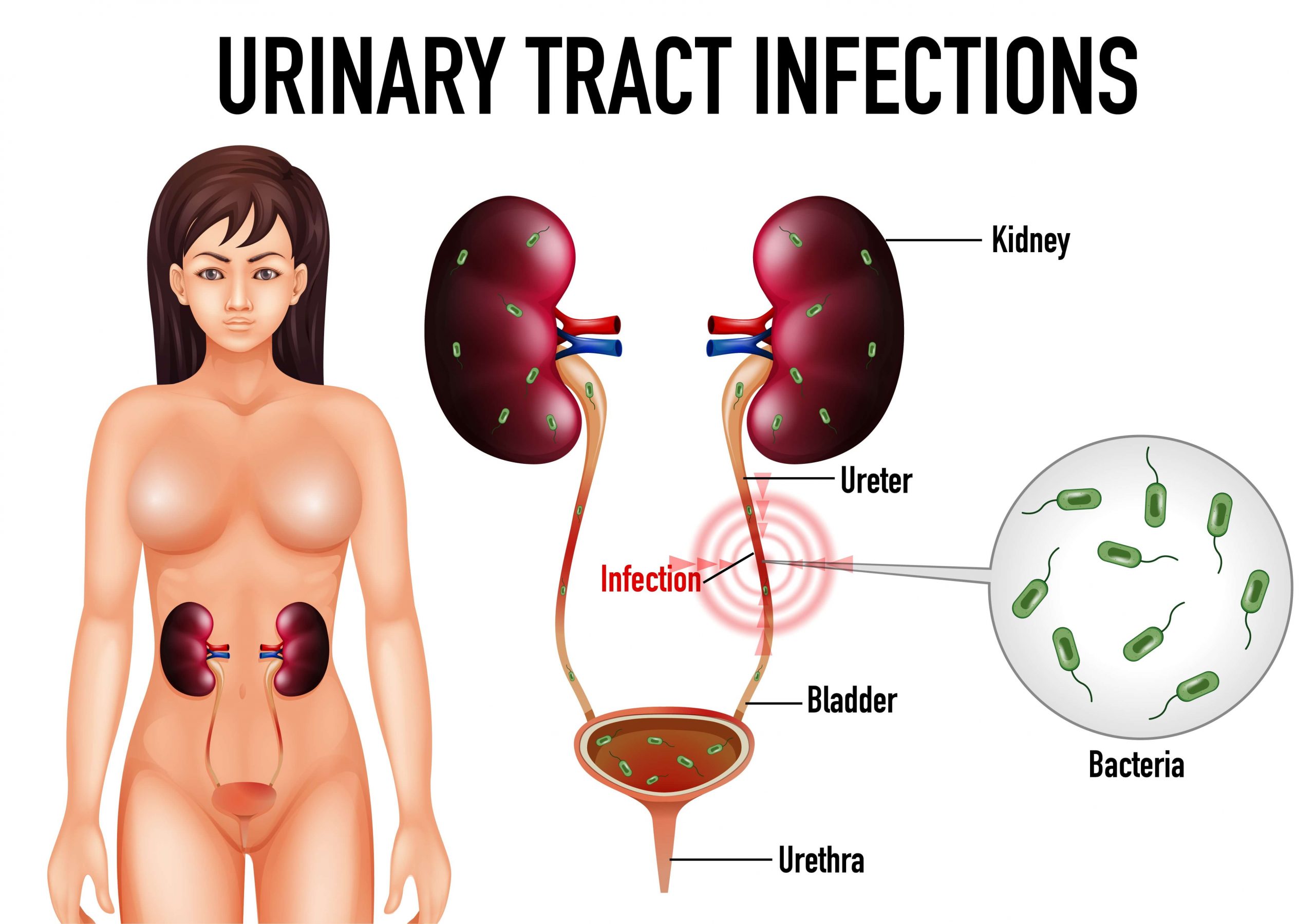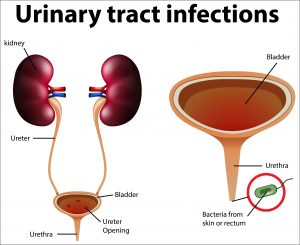Disclaimer:
This article is for information purposes only. It is not a substitute for medical advice or treatment. Seek medical care for your treatment.
What is a urinary tract infection?
UTI is the most common infection of urinary system. UTI is created by bacteria, some fungi and viruses. Bacteria live outside our body. Bacteria enter urethra from the skin or rectum and infect our urinary tract.
- Any part of the urinary tract can be infected, but the most frequent type is cystitis which is a bladder infection.
- Pyelonephritis or kidney infection is another type of UTI. They are less frequent but more grave than bladder infections.
Lower urinary tract (bladder and urethra) are more susceptible to infections.
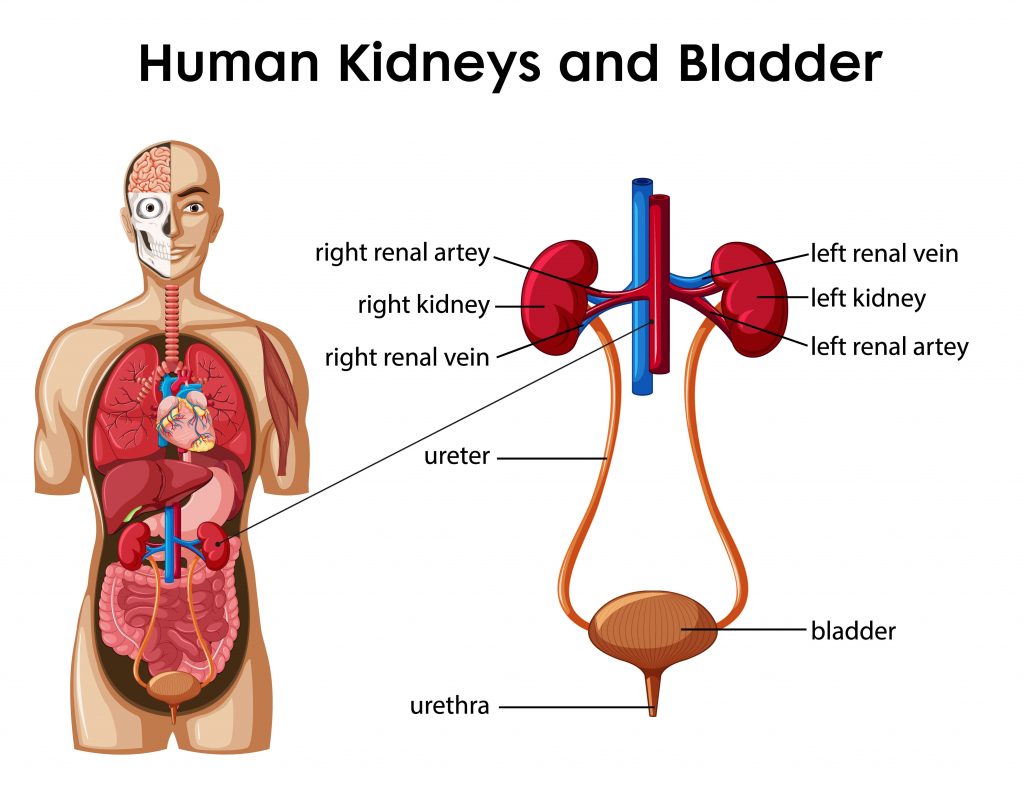
What is the urinary tract?
Before proceeding any further it is imperative to know about urinary tract and its parts.
Urinary tract creates and accumulates urine. Urine is the consequence of our filtration system. Urine is created when kidneys eliminate waste and surplus water from your blood. Urine is germ free and moves freely without spoiling the system. But we can get infected by the bacteria residing outside our body causing crucial infections and swelling. Urinary tract has following parts and every part needs to perform well to get the system on track:
- Kidneys: are little, significant organs located on the back of our body. They are the strainers of our body – extracting junk and water from our blood in the form of urine.
- Ureters: are lean tubes carrying urine from kidneys to our bladder.
- Bladder: is a pouch- shaped container that collects our urine before leaving the body.
- Urethra: takes the urine from our bladder to the outside of the body.
Who can get UTIs?
UTIs are ubiquitous. UTIs are more frequent in women because the urethra in women is shorter and next to the anus, where E.coli bacteria are prevalent.
- 1 out of 5 women can get UTI in their life.
- UTIs can happen in men, adults and children.
- 1-2% children get infected.
- Other diseases like diabetes or abnormal urinary system can also lead to infections.
Symptoms of UTIs:
Generally the symptoms are quite evident, causing the infected part swollen and irritated. Mentioned below are some symptoms:
- Agony in the abdomen and flank
- Discomfort in the pelvis area
- Repeated urination with small amounts and having the urge to pee more
- Urine leakage
- Pain or blood when urinating
- Urinating at night
- Murky and foul smelling urine
- Pain during sex
- Rectal pain in men
- Fatigue and tiredness
- Vomiting
- Fever
- Unsteadiness
Diagnosis of urinary tract infection
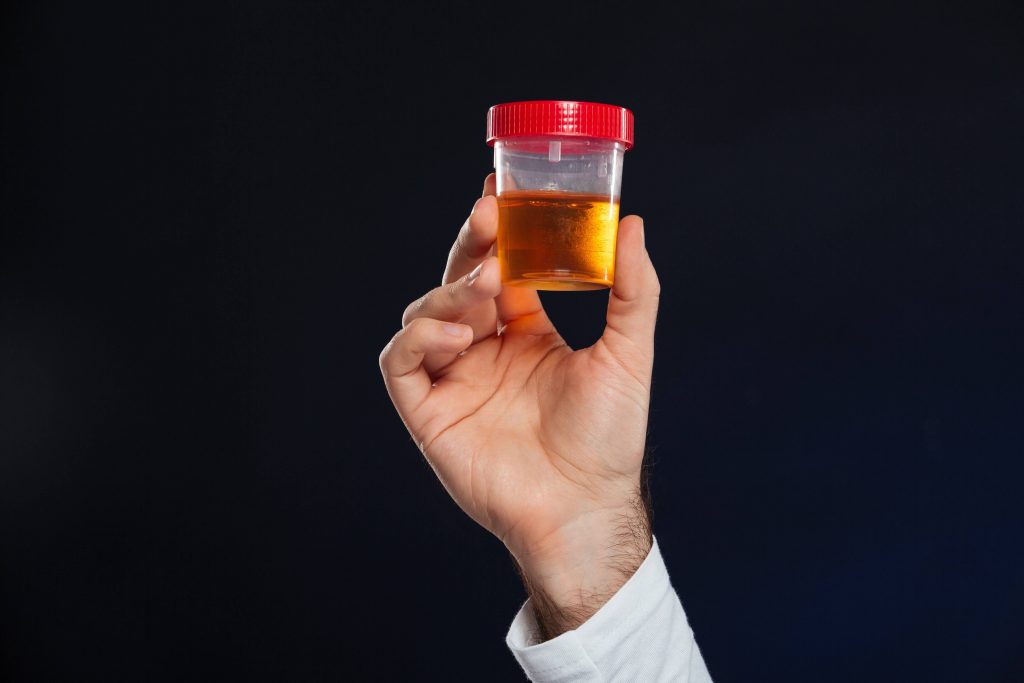
Certain people have visible urinary tract symptoms but in some cases symptoms are not evident. Your doctor will suggest some tests to diagnose an infection:
- Urinalysis
- Urine culture
- Ultrasound
- Cystoscopy
- CT scan
Can I prevent a urinary tract infection?
UTI is annoying and painful especially recurring UTIs. Antibiotics are an easy way out of this situation but generally, we can prevent urinary tract infection with simple modifications in our lifestyle:
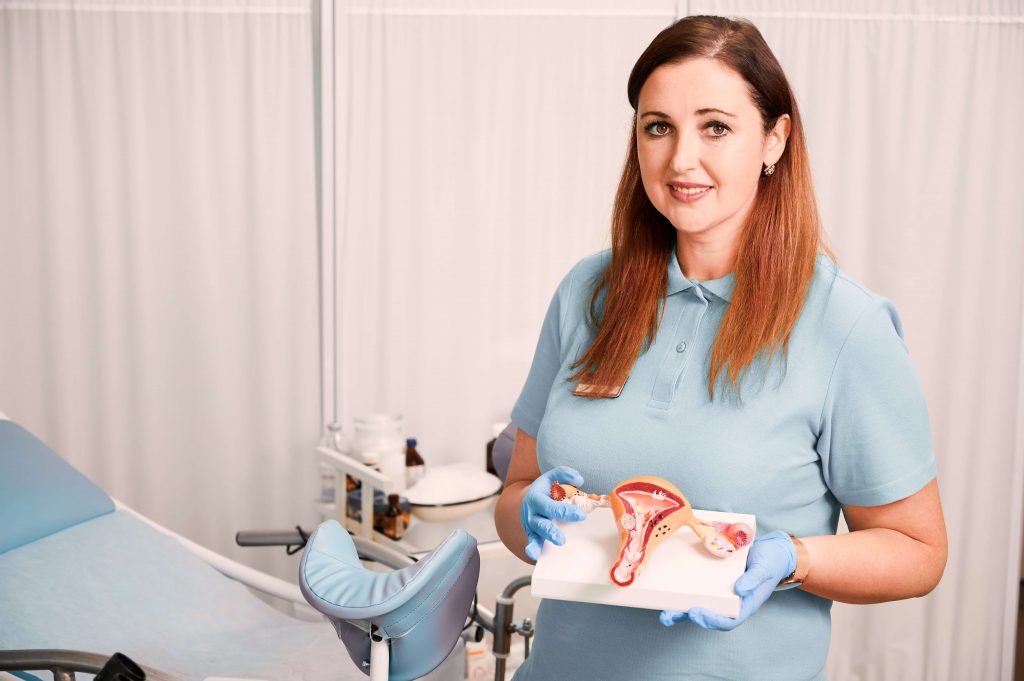
- Maintaining a healthy hygiene:
You can easily avert UTIs by practicing a healthy hygiene. This practice is pertinent for women because urethra in women is much shorter than men; this makes it easier for E.coli bacteria to travel from rectum into the body. To escape this it is always suggested to clean from front to back after defecating. Women should practice good hygiene during menses to avoid infections. They should change their pads and tampons in time and abstain from using UTI causing feminine deodorants.
- Drink plenty of fluids, especially water:
The most common and simplest way to escape a UTI is to drink ample water to flush bacteria out of your bladder and urinary tract before it starts developing. If you are hydrated enough you cannot hold your pee for too long. Drinking water dilutes your urine and lowers the bacteria concentration in your bladder. Some people get rid of infection by simply taking ample liquid intake. Try drinking at least 1.5 liters of fluid daily. These steps can keep you hydrated:
- Try to drink 6-8 glasses of water a day.
- If you find it difficult to drink too much water, try drinking sparkling water, decaffeinated herbal tea, unsweetened fresh juices, fruit smoothies and milk.
- Try to avoid caffeinated drinks which may irk your bladder.
- Buy yourself a nice and easy to use water bottle.
- Set a reminder to drink water incase, you cannot remember to drink.
- Change your birth control methods:
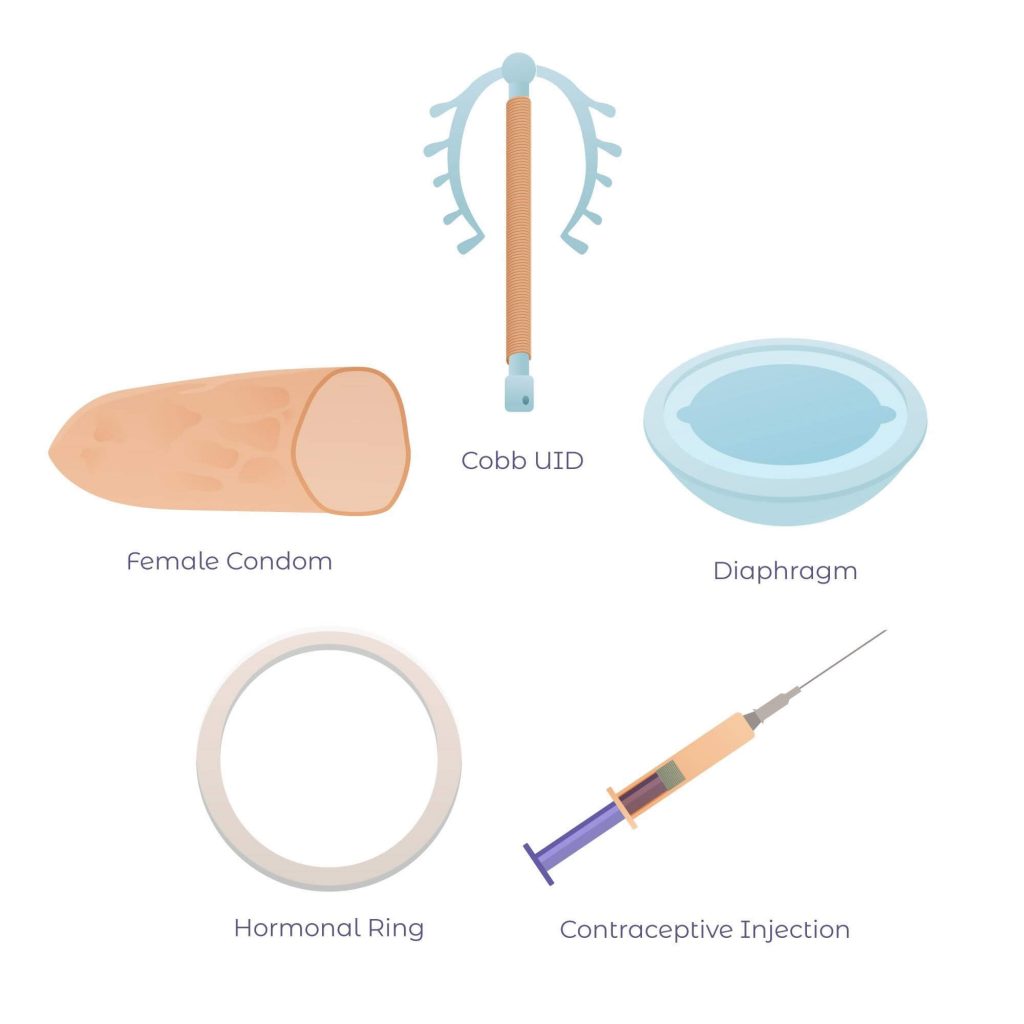
Some women are at a greater risk of developing UTI. Some birth control methods often give rise to UTIs, to avoid this try to change your birth control method and switch to water-based lubricants if you have vaginal dryness or some other method that suits you well. Some types of birth control greatly contribute to overgrowth of detrimental bacteria. These are:
- Diaphragms
- Non- lubricated condoms
- Spermicides
- Spermicide condoms
If your birth control is contributing to UTIs, immediately consult your healthcare provider. Your doctor will suggest you some suitable alternative methods.
- Try to wipe from front to back:
E.coli tends to be present around the anus. After urinating or a bowel movement clean from front to back so that bacteria cannot move to the urethra. It also works great if you have diarrhea. Diarrhea makes it really hard to control bowel movements, which intensify the chance of E.coli spreading to the urethra.
- Take Cranberry juice or supplements:

When it comes to UTI prevention cranberries are a typical home remedy. Cranberries have substantial compounds like proanthocyandins that wards off E.coli from urinary tract. It is considered that Vitamin C in cranberries also enhances the acidity of urine, which averts the growth of harmful bacteria. Scientific research shows conflicting results.
Drink unsweetened cranberry juice instead of sugary juice. If you don’t want to drink cranberry juice then you can munch on fresh or frozen cranberries for desirable results. You can consume over the counter cranberry supplements which work well against UTIs.
- Urinate before and after sex:
Sex elevates the chances of getting UTI, especially for women because bacteria can easily enter urethra during sex. It is good to wash your genitals before having sex this ward off bacteria from the urethra. Drink plenty of water and empty your bladder soon after sex this flushes away any bacteria that has entered during sex.
- Avoid feminine scented products:
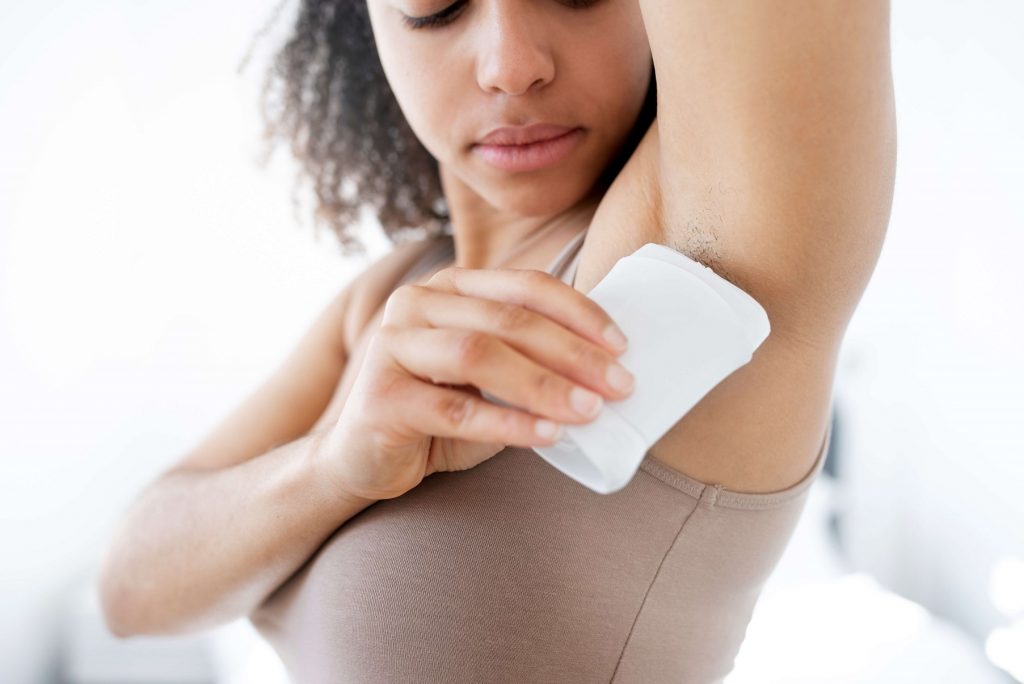
Vagina has more than 50 microbes, many of which are Lactobacilli. These bacteria keep vagina healthy and balance the ph level. Various scented products can disturb this balance, resulting in the overgrowth of bacteria. This can lead to bacterial vaginosis and yeast infections. Avoid these certain products:
- Douches
- Scented sanitary pads or tampons
- Scented powders
- Deodorant sprays
- Scented soaps
It is better to take shower than bath in a bath tub. Bubble baths can vex genital area by causing vaginal bacteria.
- Reconsider your clothing style:
Abstain from wearing tight-fitted clothes; this can keep you dry, preventing bacterial growth in urinary tract. You can use cotton underwear this can obstruct extra moisture around your urethra.
- Don’t hold your pee:

Urination plays a pivotal role in evading bacteria from body. Urine is the byproduct of kidneys and every time you are urinating, you are emptying your bladder. Keep yourself enough hydrated. Urinating regularly can minimize the risk of getting an infection. Certain fluids can aggravate infection for instance alcohol, citrus juices, caffeinated drinks and spicy foods. Don’t hold your pee, completely empty your bladder this will discourage the bacterial growth. Don’t wait for 3-4 hours to pee. Pregnant women need to practice it more because they are at a greater risk for developing a UTI. Bacteria like warm and cosy environments to grow. Holding your pee is the best living condition for bacteria. It is absolutely normal to empty your bladder 4-8 times a day.
Conclusion:
There are various ways to treat a UTI. But one should try to take preventive measures which are enlisted above to evade any grave infection. Immediately consult your health care provider if your symptoms worsen.

